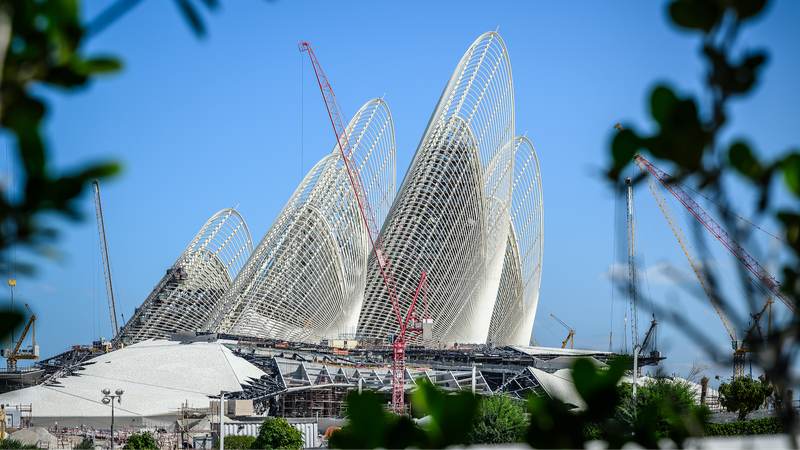As Arab nations pivot from oil dominance to tech-driven futures, China's playbook offers fresh insights for building innovation hubs. With trade between China and Arab states hitting record highs, the focus now shifts to policy design, talent cultivation, and global positioning – the trifecta for tech ecosystem success. 🔌
⚡ Policy Magnetism: Be the Ultimate Host
Chinese cities like Hangzhou (Alibaba's hometown) show how governments can flip the script: from regulators to concierge services. Imagine getting business licenses in hours, not months! 🕒 Arab policymakers could adopt:
- 🚀 Time-saving as currency: Streamline permits, banking, and utilities
- 🤝 Personal enterprise liaisons: One-stop support from visas to hiring
- 💡 Sandbox regulation: Test AI/fintech safely before full-scale rollout
🧠 Talent Architecture: Build Brainpower Highways
China's Hefei proves strategic education partnerships pay off – its 'Quantum Valley' now rivals Silicon Valley in photonics research. Arab states could:
- 🎓 Partner with global universities for specialized tech programs
- 🌐 Create visa fast lanes for skilled professionals
- 🔬 Co-locate R&D centers with industrial parks
🌐 Global Positioning: Claim Your Tech Niche
From Dubai's blockchain ambitions to Saudi's NEOM smart city, Arab states are already planting flags. The next step? Become indispensable in specific tech verticals through:
- 🎯 Hyper-targeted subsidies for priority sectors
- 🤖 Government as first customer for local startups
- 🔋 Strategic co-investment (like China's EV battery dominance)
As one Chinese tech CEO told us: 'Ecosystems aren't built – they're curated.' 🌱 With these strategies, Arab nations could become the next global innovation hotspots.
Reference(s):
How Arab states can land global tech firms: A Chinese perspective
cgtn.com





